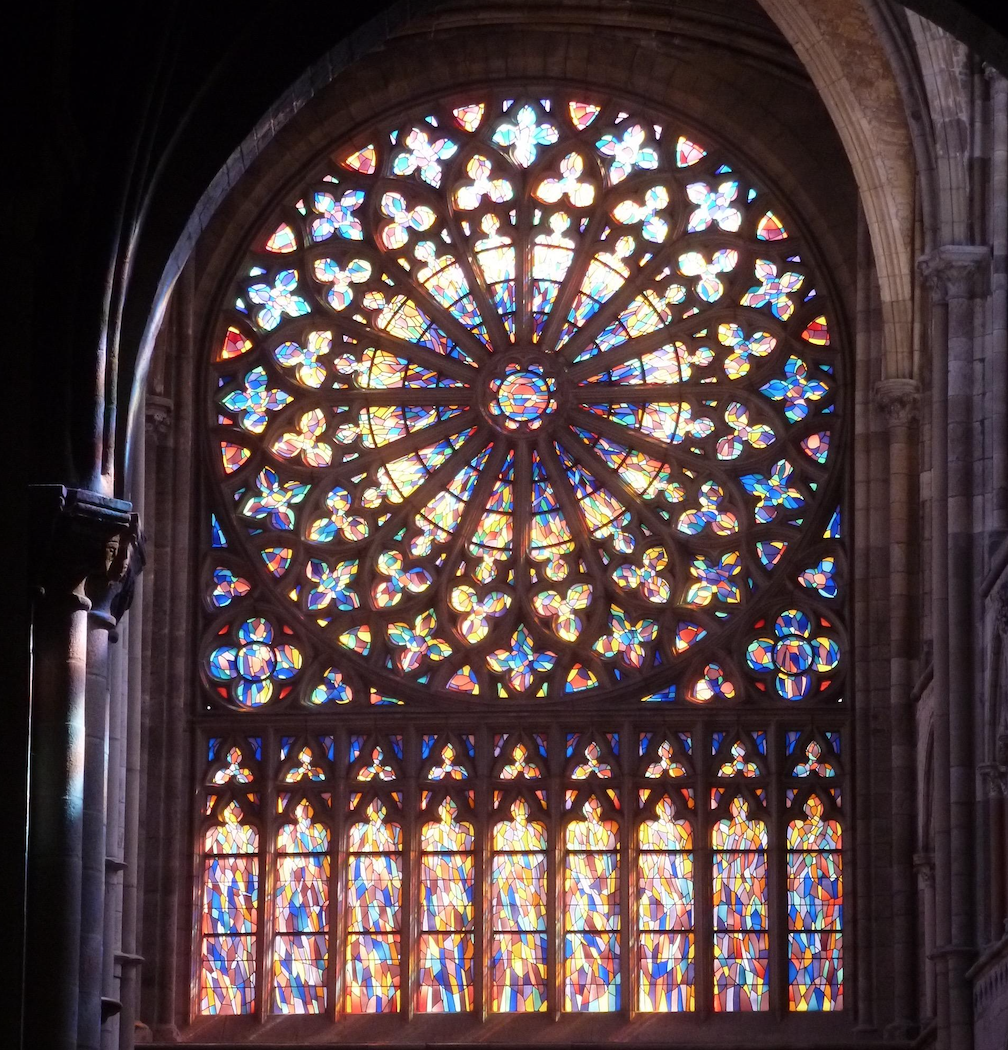Christianity and Fundamentalism in today’s world

Question & Answer
Chuck from Northfield, Minnesota, writes:
Question:
Why is Christianity growing in its fundamentalist forms and dying where it tries to engage the thought of the present world?
Answer:

Dear Chuck,
The lazy answer here would be to say that fundamentalism is concrete and easy in comparison to the constant questioning and the embracing of mystery that comes along with progressive Christianity. Keep in mind, saying the answer is lazy isn’t saying that it is incorrect, just incomplete.
For me, a big part of this question, possibly the core of this question, boils down to the concepts of “religion” and “spirituality.” Most of the worship that we do in churches, even in “contemporary” churches, is rooted in what I see as “religion.” It’s somewhat dogmatic, tied to tradition, and hurls praises outwardly toward a divine being (typically a masculine divine being). Its value to its practitioners is in its stability, familiarity, and ultimately in the assurance of God and God’s mandates which offer those gathering the comfort and security that they are fortunate to be amongst the subjects of, and under the protection of, God. Not infrequently a religion like that encourages its adherents to distance themselves from the world lest they become, well, less special. Not surprisingly, those types of churches are growing, even if at a slower rate than they once did. Who wouldn’t find some appreciation for being singled out by a god as a specially chosen people? After all, that’s at the heart of all religions across history.
As I see it, the places where Christian churches are on the decline are in the very places where emphases have started moving from dogmatic religion to a more open and questioning spirituality. Typically, this spirituality has as one of its core elements the connectedness of all of Creation. It suggests a certain equality where no one is more chosen than another. That theological perspective encourages us to engage with the world in an active and intimate way, frequently to the extent of personal sacrifice. Not surprisingly, that has less appeal to many people than a religion that elevates them to a place of specialness.
I don’t see this as pointing to less of a need for spiritual community. Rather, I see it clearly telling us that our spiritual communities and their century old, and even millennially old, perspectives are in need of massive, thoughtfully-done overhauls if they wish to both have relevance with the spiritual paths so many are now on, and to provide them with a nurturing environment that doesn’t expect them to hold their beliefs and actions in tension with each other.
~Mark Sandlin
Q and A originally published here – As a member of this online community, you’ll receive insightful weekly essays, access to all of the essay archives, access to message boards which will connect you with other believers in exile, and answers to your questions in our free weekly Q and A.
About the Author
Mark is an ordained minister in the Presbyterian Church (USA) from the South. He currently serves at Presbyterian Church of the Covenant. He is a co-founder of The Christian Left. His blog, The God Article, has been named as one of the “Top Ten Christian Blogs.” Mark received The Associated Church Press’ Award of Excellence in 2012. His work has been published on “The Huffington Post,” “Sojourners,” “Time,” “Church World Services,” and even the “Richard Dawkins Foundation.” He’s been featured on PBS’s “Religion & Ethics NewsWeekly” and NPR’s “The Story with Dick Gordon.”
Follow Mark on Facebook and Twitter @marksandlin
